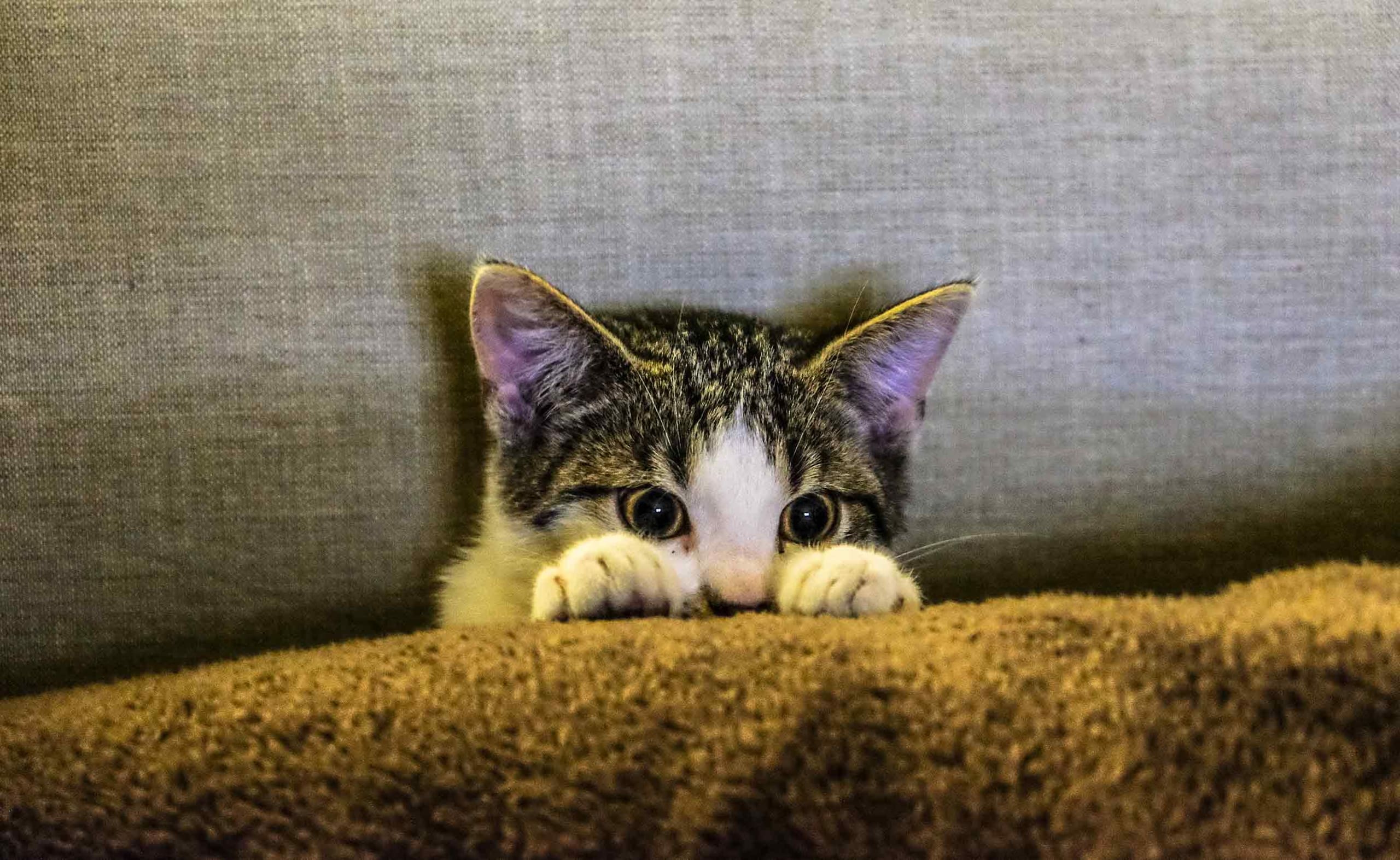
There are more opportunities to learn than ever before with our unprecedented access to information. But information overload and heavy emphasis on short-term productivity can discourage learning. It is often expensive to learn new things, both in time and in money. But what is more expensive is not learning new skills – especially with so much out there becoming automated.
Learning and feeding your curiosity are like any other investments. At Doe-Anderson we are fortunate our leaders consider them worthy ones. To get ahead means putting time and resources into our employees. To adapt or die. We’re not afraid of learning new things. In fact, we require it.
It isn’t always easy – some employers don’t put an emphasis on new skills, and some jobs kill your curiosity – but there are simple steps you can take to stay ahead of the curve.
1. Find Your Blind Spots
It’s hard to be curious about something you already know. When you stumble upon something that’s unfamiliar, seize it with both hands. Find a new program that’s being used at work or by a competitor. Stay on top of new books or podcasts that are getting buzz. Don’t know where to start? Business Insider provided a convenient list of 40 sites that can help you be a new you.
2. Work on What Needs Work
In an industry that thrives on what’s new, staying up to date is vital. It’s important to keep learning to keep from stagnating. However, you don’t have to learn the newest program to do it. A survey from The Wall Street Journal found that 89% of executives have a hard time finding potential employees with soft skills like communication, problem solving, empathy, curiosity and collaboration. So, if you want to learn something beyond the newest program at work, try brushing up on your soft skills instead – skills often used in jobs that robots can’t do.
3. Dive Deeper

Are you filling time or just killing time? Instead of scrolling through your newsfeed after dinner to unwind, consider digesting something new. Think of curiosity as a different kind of hunger. Occasional scrolling isn’t bad for you, but it doesn’t sate your curiosity. Try spending a portion of your free time finding something that distracts you from that black mirror, like going to a museum or a stroll through a local park.
4. New People, New Experiences
One of the biggest killers of curiosity is routine. Routine is great to make sure everything is done on time, but it doesn’t strengthen your curiosity – which is fueled by new experiences. If your employer is having a volunteer drive, get involved. Say yes to things you normally wouldn’t. Maybe spandex.
Engage in new experiences. Interact with new people. Invite someone from a different department for lunch. Find out how they spend their time. Not only will you have the chance to learn, you will also have the chance to make a new and worthwhile connection. And, if you meet for coffee or lunch, you’ll at least be caffeinated or fed.
5. Embrace Your Opposite
We surround ourselves with like-minded people. But if everyone has the same opinion, there are no new experiences. If you’re the most organized person in the office, spend time with the messiest. Learn how they think. By spending time with people who are psychologically diverse, you’ll learn new patterns of thinking. This leads to a level of understanding that will help your soft skills grow along with your personal network.
If you’re curious, no one will fault you for asking questions.
Showing you’re willing to learn is a great way to connect with people and help you move forward in both your professional and personal life. By talking to people, trying new things and sating your curiosity with enriching materials, you’re growing and making sure you’re ready for whatever turn your industry takes next. In today’s business –as it always has been – it’s adapt or die.
)
)